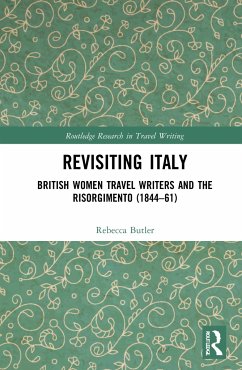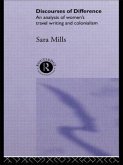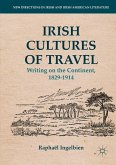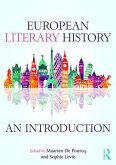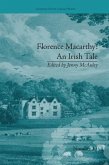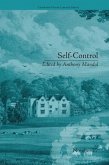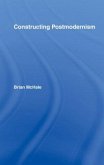With the rise of mass tourism, Italy became increasingly accessible to Victorian women travellers not only as a locus of artistic culture but also as a site of political enquiry. Despite being outwardly denied a political voice in Britain, many female tourists were conspicuous in their commitment to the Italian campaign for national independence, or Risorgimento (1815-61). Revisiting Italy brings several previously unexamined travel accounts by women to light during a decisive period in this political campaign.
Revealing the wider currency of the Risorgimento in British literature, Butler situates once-popular but now-marginalized writers: Clotilda Stisted, Janet Robertson, Mary Pasqualino, Selina Bunbury, Margaret Dunbar and Frances Minto Elliot alongside more prominent figures: the Shelley-Byron circle, the Brownings, Florence Nightingale and the Kemble sisters. Going beyond the travel book, she analyses a variety of forms of travel writing including unpublished letters, privately printed accounts and periodical serials.
Revisiting Italy focuses on the convergence of political advocacy, gender ideologies, national identity and literary authority in women's travel writing. Whether promoting nationalism through a maternal lens, politicizing the pilgrimage motif or reviving gothic representations of a revolutionary Italy, it identifies shared touristic discourses as temporally contingent, shaped by commercial pressures and the volatile political climate at home and abroad.
Revealing the wider currency of the Risorgimento in British literature, Butler situates once-popular but now-marginalized writers: Clotilda Stisted, Janet Robertson, Mary Pasqualino, Selina Bunbury, Margaret Dunbar and Frances Minto Elliot alongside more prominent figures: the Shelley-Byron circle, the Brownings, Florence Nightingale and the Kemble sisters. Going beyond the travel book, she analyses a variety of forms of travel writing including unpublished letters, privately printed accounts and periodical serials.
Revisiting Italy focuses on the convergence of political advocacy, gender ideologies, national identity and literary authority in women's travel writing. Whether promoting nationalism through a maternal lens, politicizing the pilgrimage motif or reviving gothic representations of a revolutionary Italy, it identifies shared touristic discourses as temporally contingent, shaped by commercial pressures and the volatile political climate at home and abroad.

